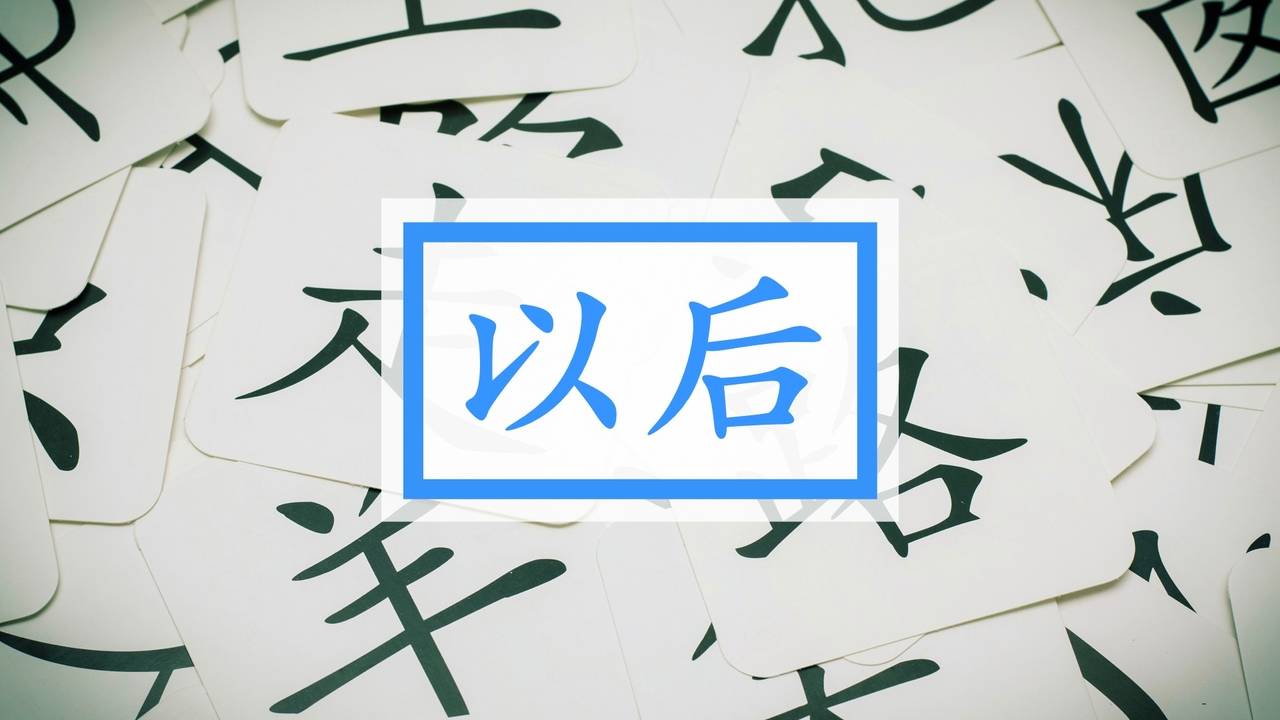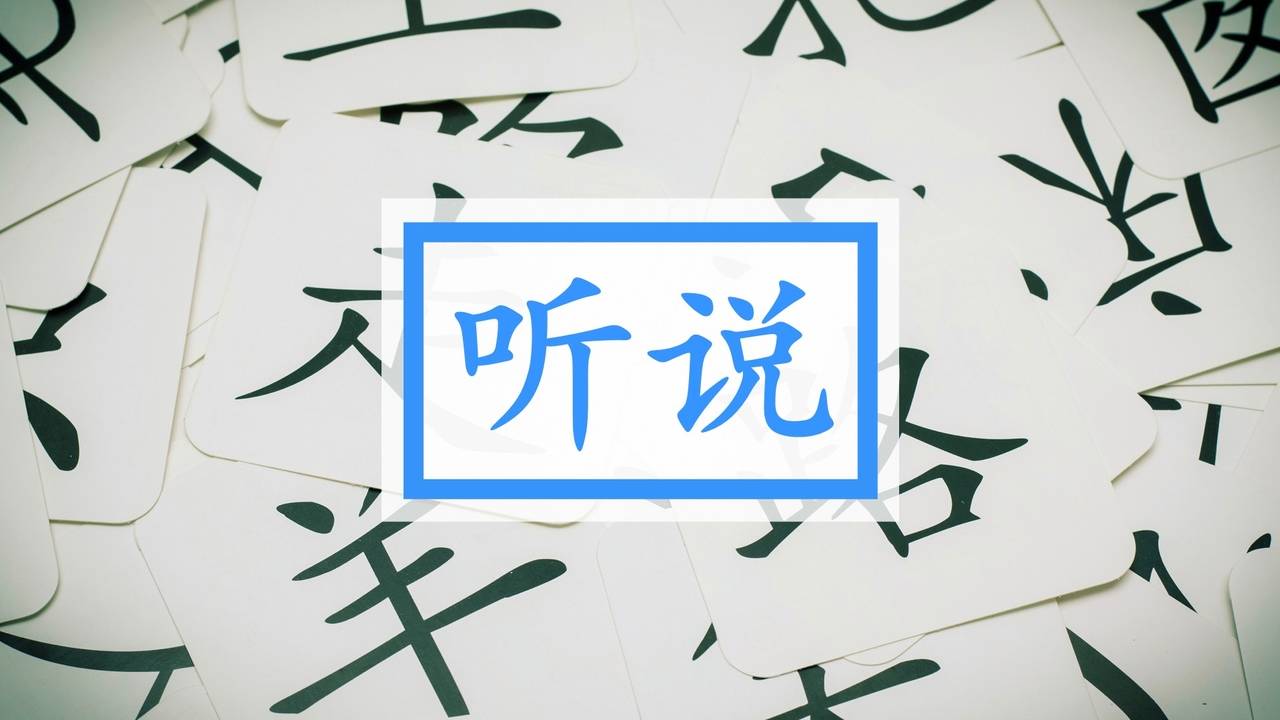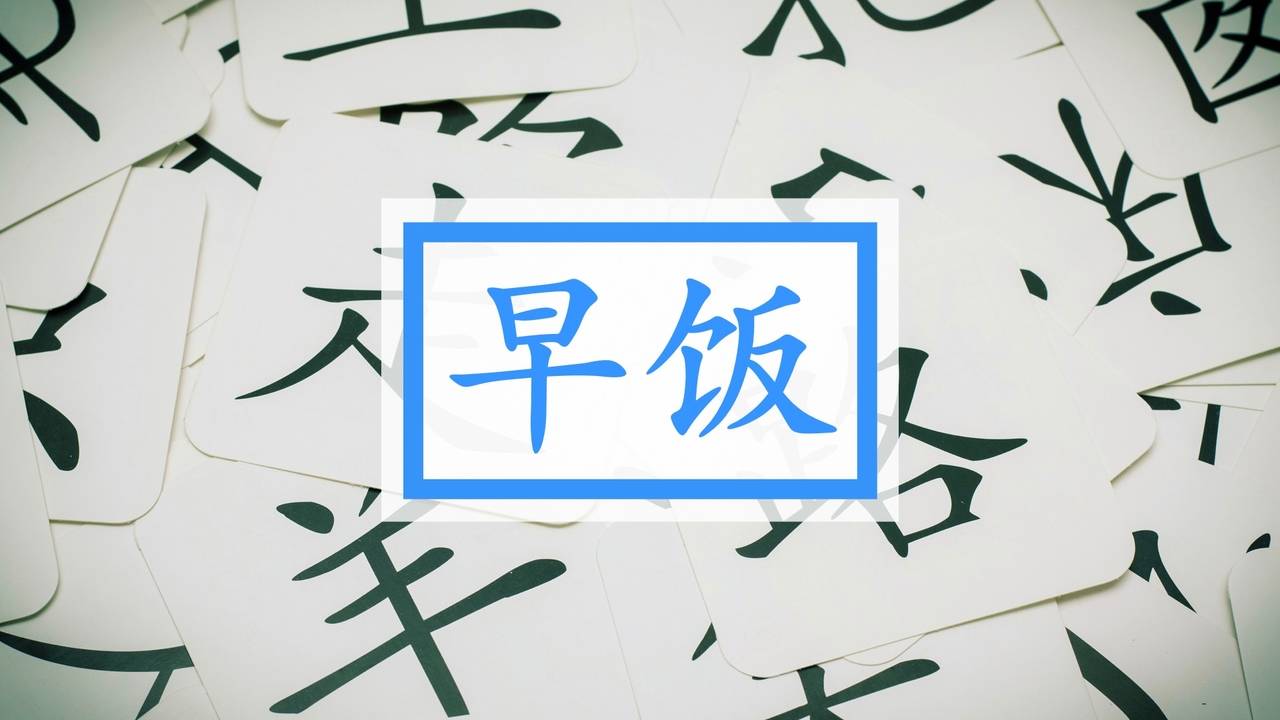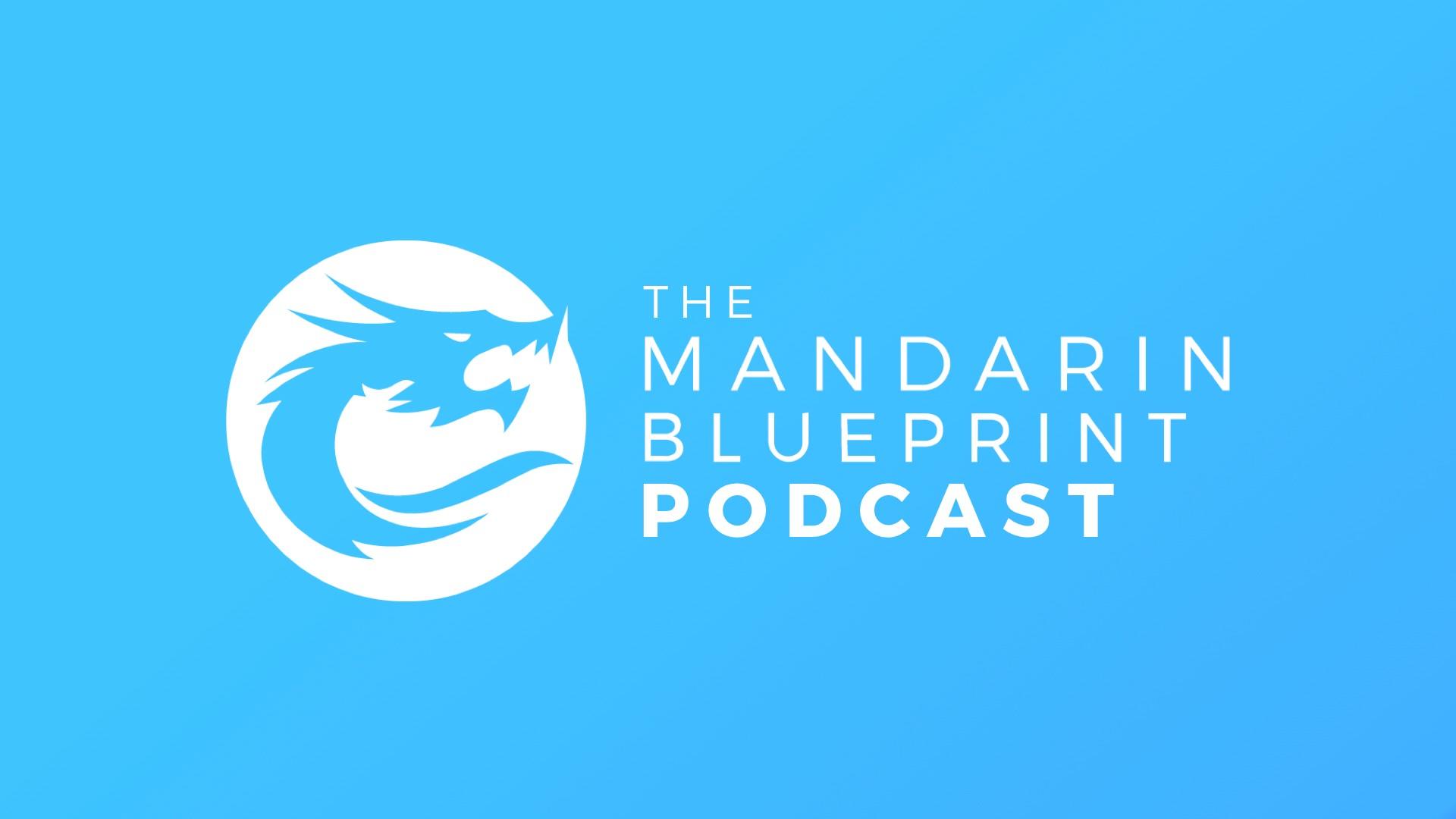
Level 23 - Vocab in Context
43 Lessons
1

某个 in Context
2

某些 in Context
3

其他 in Context
4

讨厌 in Context
5

斤 in Context
6

公斤 in Context
7

听 in Context
8

BONUS: Helper - Expressing That an Action Has Happened Before with 过
9

好听 in Context
10

听力 in Context
11

听见 in Context
12

听话 in Context
13

听说 in Context
14

近 in Context
15

最近 in Context
16

后 in Context
17

以后 in Context
18

然后 in Context
19

后来 in Context
20

最后 in Context
21

BONUS: Helper - Turning Adjectives into Adverbs with 地
22

后天 in Context
23

后面 in Context
24

后边 in Context
25

厚 in Context
26

反正 in Context
27

相反 in Context
28

BONUS: “How Does What" - Adverbs Expressing Tone of Voice
29

米饭 in Context
30

早饭 in Context
31

午饭 in Context
32

吃饭 in Context
33

吃饱 in Context
34

饿 in Context
35

员工 in Context
36

工人 in Context
37

江 in Context
38

左边 in Context
39

左右 in Context
40

右边 in Context
41

差 in Context
42

差不多 in Context
43

差点儿 in Context
Next Character
以后 in Context
CONGRATULATIONS!
A NEW WORD HAS BEEN UNLOCKED
以后
Usage 1 - "in the future":
*Sentence:
以后的事情,谁都不知道答案。
English:
No one knows the answers to issues of the future.
Top-Down Words:
事情 shìqíng - thing, matter
谁 shéi - who?
知道 zhīdào - to know
答案 dáàn - answer, an answer
都 dōu - all, every
Usage 2 - "after":
Sentence:
他给你打了电话以后要出去吃饭。
English:
After he gives you a call, he’ll go out to eat.
Top-Down Words:
给 gěi - (prep) for, by, to
出去 chūqù - go out
*Sentence:
等我长大以后,我也会和哥哥一样。
English:
When I grow up, I'm going to be just like my older/big brother.
Need a Reminder?
The Six Steps to Learning Words





Andy Williams
In this sentence 等我长大以后, What meaning does 等 add? The common meaning that comes to mind is wait. This is not in the translation. Does the meaning of the sentence change significantly without it?
Thanks,
Andy
Mandarin Blueprint
The meaning doesn't change significantly if you don't have 等, it's more just a convention of speech. After all, a kid is going to have to wait until they grow up. The only slight difference I feel when I say both 等我长大以后 and 我长大以后 is that adding 等 makes it feel like it's going to be a longer time to wait compared to simply saying "after I grow up."
Chris Young
I was reviewing this sentence "他给你打了电话以后要出去吃饭" and wonder how - in the absence of context - do we decide how to translate this?
Break it down.
1. "他给你打了电话" : He called you
2. "要出去吃饭" : going out to eat.
3. "以后" : after
So put the pieces together and we get: "He called you" + "after" + "going out to eat.". But this is the opposite of the translation. With the other usage, we get "He called you" + "in the future" + "going out to eat.". And this aligns with the translation.
Is there something I'm missing here? Is the sentence construction something like:
"他 (给你打了电话以后) 要出去吃饭" so the part outside the parens is the main sentence and the part inside provides more detail? Feels like this is a fairly common construct we've seen; just checking if this makes sense.
I know the first answer is "Take in more content" ;-) Just want a little clarification.
Mandarin Blueprint
The translation is correct as 要 makes this into future tense. It's best to look at the grammar of the sentence as a whole instead of chunking it up, as you'll get confused.
I think the main thing to understand here is that 了 is NOT a past tense marker, but an indicator of change/completion and works in any tense. The way you used the brakcets and explanation is correct as well.